

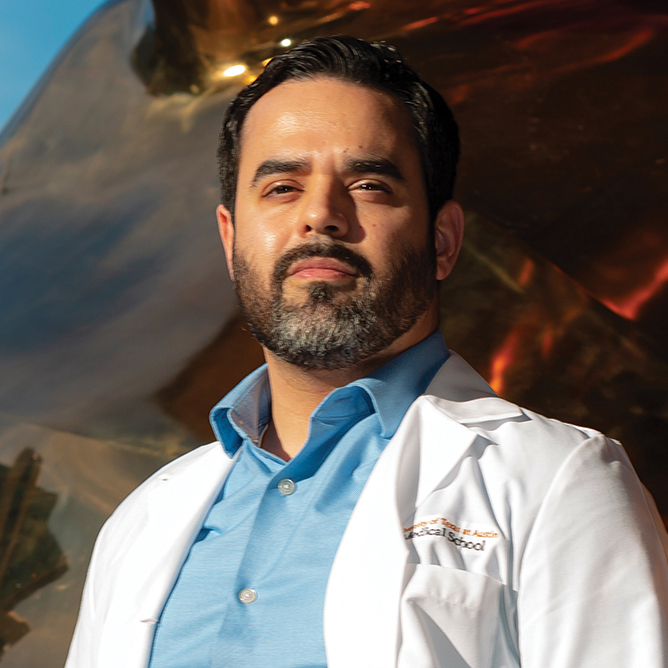

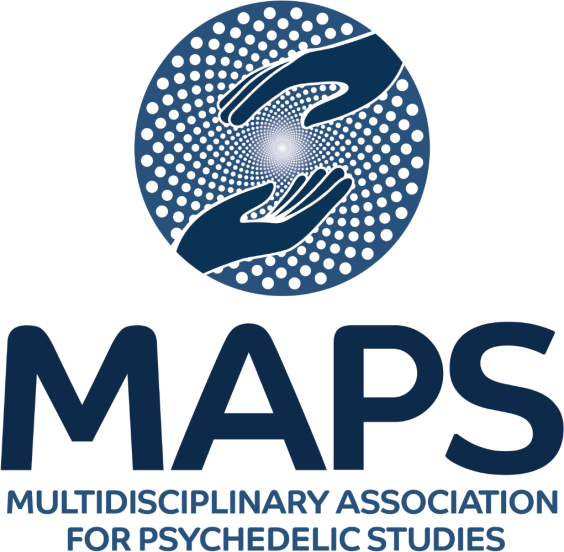

Sylvia is an experienced non-profit chair, event producer, and relationship manager leading incubations at Ultranative. She managed $2.2B in business at S&P Global, where she earned recognition for her community impact initiatives. Sylvia advocates for legislative reforms addressing housing affordability and access to mental health therapies. For the past 15 years she has organized fundraising and public awareness events for non-profits that elevate their communities.
Sylvia serves on the Advocacy Board for Habitat for Humanity Greater Austin and holds a BA in Organizational Sciences from The George Washington University.

Ford Smith is an investor and serial entrepreneur born in Midland and based in Austin. He spent his early investor years in LA focused on the emerging psychedelic and cannabis markets. One of Ford’s earliest entrepreneurial efforts was as an early investor and partner to Eaze, now the U.S.’s largest cannabis delivery platform and Harborside, California’s largest vertical cannabis company.
Ford was inspired by his personal mental health journey to invest in and accelerate businesses that facilitate healing for the individual. He’s found that when the individual addresses the underlying causes of mental health disorders, something that can be achieved through psychedelic therapy, fitness, meditation and removing toxins from your diet and environment, they become better stewards of themselves, their neighbors, and their planet.
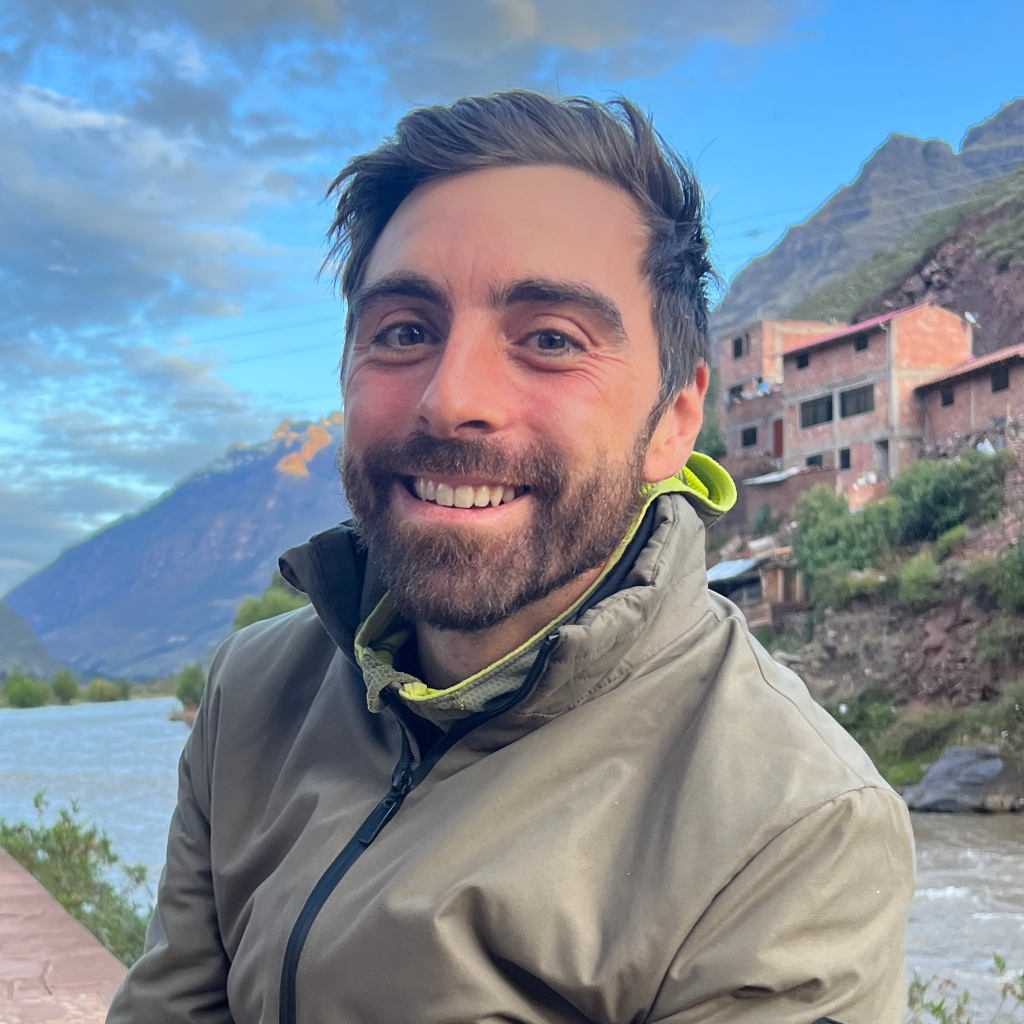
Matt Gillespie is an industrial designer turned impact entrepreneur and startup marketing expert. He started his career directing marketing for 6 years as a founding member of GoSun Inc., a green-tech company. He has since found a niche working with early stage projects at the frontier of consciousness, performance psychology, and technology. Matt also sits on the stewardship council of the Global Psychedelic Society.

Dr. Manesh Girn is a postdoctoral neuroscientist at the University of California, San Francisco, specializing in psychedelic drugs. He collaborates with research pioneer Dr. Robin Carhart-Harris, investigating the neural mechanisms of psychedelic experiences and psychedelic-assisted psychotherapy. Dr. Girn has authored or co-authored over 20 peer-reviewed publications on psychedelics, brain networks, cognition, and mental health. He also runs “The Psychedelic Scientist,” a popular platform on Instagram and YouTube, where he explains the latest psychedelic research in an accessible way
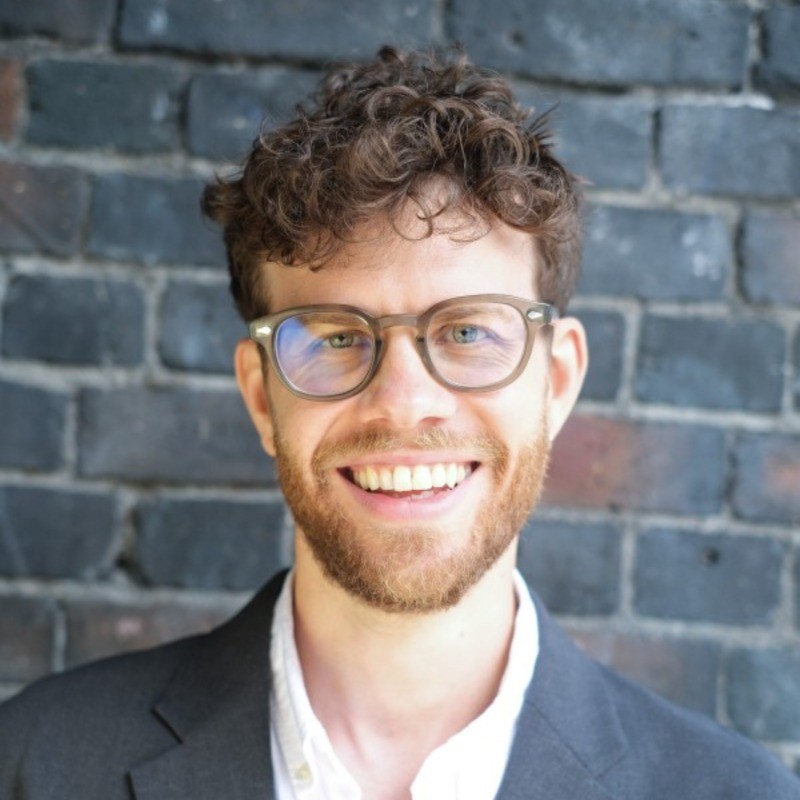
Dr. Simon Ruffell is trained across three modalities: Western medicine (as a medical doctor specializing in psychiatry), research psychology (with a PhD in Amazonian ayahuasca and mental health), and traditional plant medicine (as a student of curanderismo). He is the Chief Medical Officer of MINDS (Multidisciplinary Investigation into Novel Discoveries & Solutions), a nonprofit research organization exploring the potential of psychedelics and consciousness practices to explore the science of breakthrough insights for humanity’s greatest challenges.
Dr. Ruffell has contributed to several major psychedelic research trials at leading universities worldwide. His roles have included Senior Research Associate on King’s College London’s psilocybin trial for treatment-resistant depression, and Chief Medical Officer and Senior Research Fellow at the Psychae Institute, University of Melbourne, investigating the potential application of botanical ayahuasca analogues. Since 2015, his work has been primarily focused on exploring the traditional psychedelic brew, ayahuasca.
He is the founder of Onaya, an organization dedicated to education and nonprofit research on the effects of ayahuasca in natural Amazonian settings, collaborating globally with traditional healers Indigenous-led think tanks, charities, and leading universities. Dr. Ruffell’s work seeks to understand plants such as ayahuasca from both Indigenous and Western perspectives, aiming to generate a richer understanding of treatment modalities. He is currently training in Shipibo Shamanism under Don Rono Lopez.
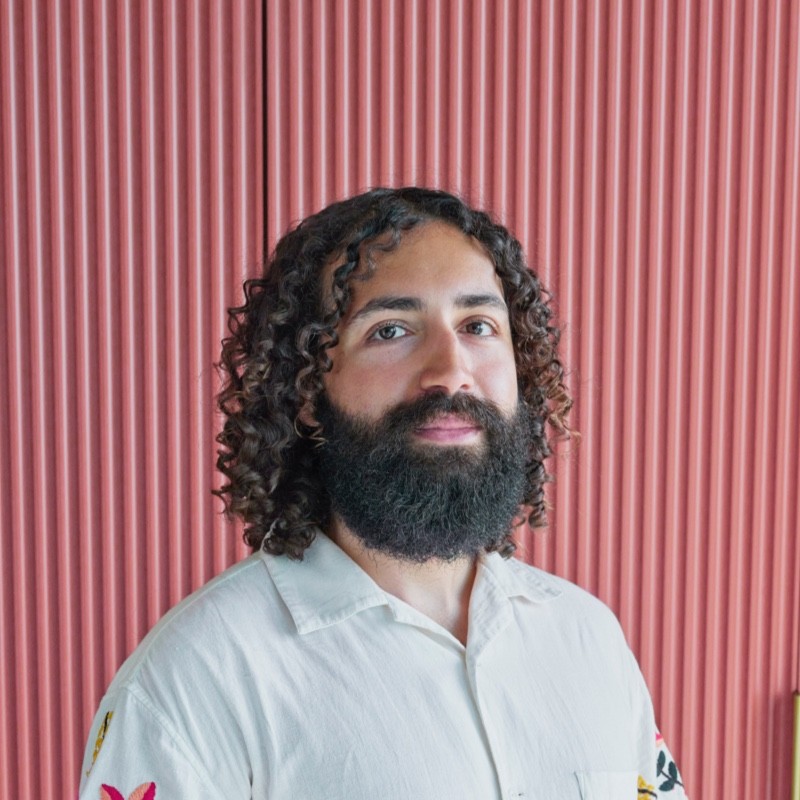
Armin is an operator and management consultant with a passion for human flourishing. He most recently spent five years scaling psychedelic science at Compass Pathways, the leading biotech company developing psilocybin for mental health. Before Compass, he advised global leaders on a range of emerging industries at BCG in Toronto and Cornerstone Research in Menlo Park. Originally from Canada, he now lives in London and spends his free time exploring art, progress studies, and altered states.
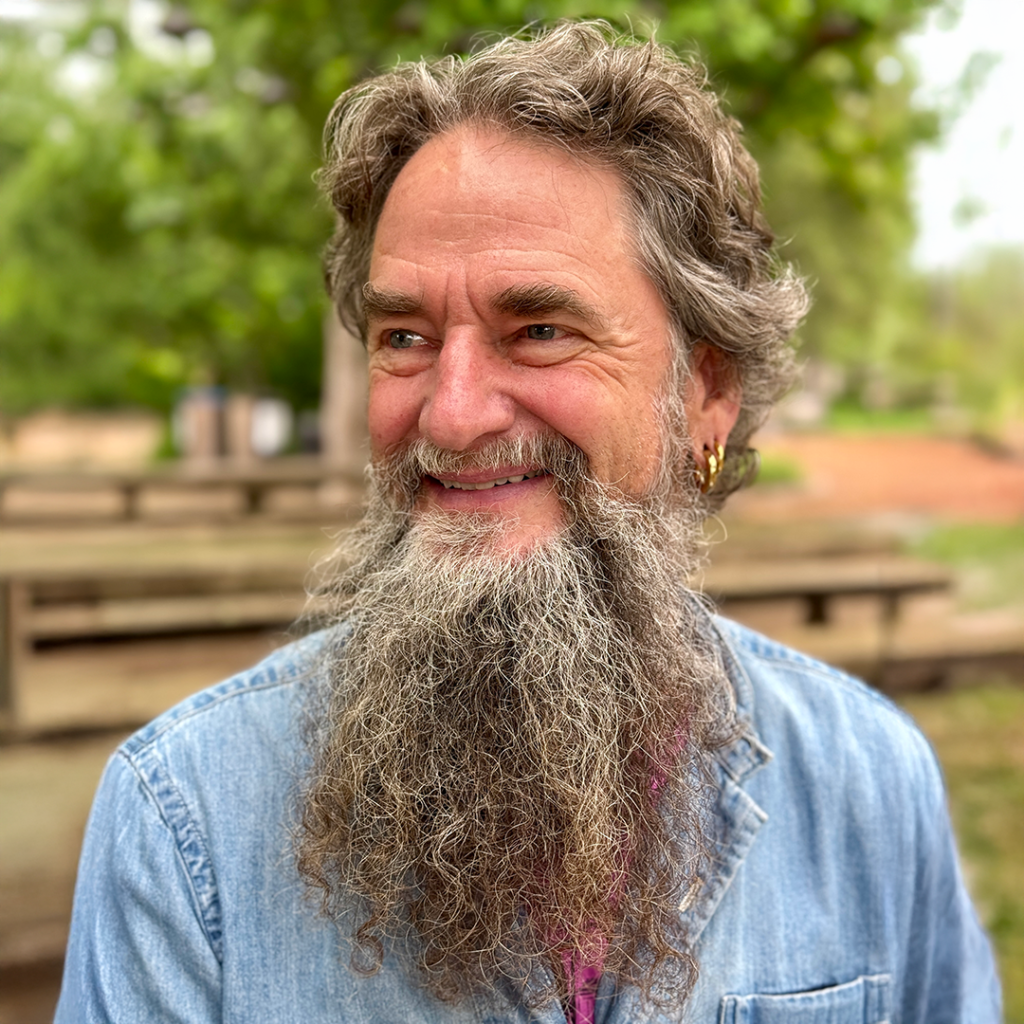
Bruce Damer, PhD, is Canadian-American multidisciplinary scientist, designer, and author. Working as an Astrobiologist, Dr. Damer collaborates with colleagues developing and testing a new scenario for the origin of life on Earth and where it might arise in the universe. As a designer he has provided innovative spacecraft architectures to NASA and others which could provide a viable path for the expansion of life and civilization beyond the Earth. Dr. Damer has recently gone on public record that he has used a combination of mindfulness practices and psychedelics to achieve some of his key scientific and technical breakthroughs. His passion in co-founding MINDS is that many others with special capacities in these realms should have access to mentorship, scientifically validated protocols, and pathways to transform their own novel discoveries into solutions to bring about a brilliant future for Humanity.
Together with his role at MINDS, he serves as Chief Scientist at the BIOTA Institute and Research Associate at the UC Santa Cruz Department of Biomolecular Engineering. He is an author of a number of seminal academic articles and a frequent speaker on topics in science, space, and the philosophical and spiritual implications of the discovery of our deepest origins.

Katelin has over 13 years of experience in the technology industry spanning corporate development, communications, strategy, and operations. She has a deep understanding of M&A, having led diligence and integration for more than 25 deals at Google.
Her professional journey reflects a passion for working with entrepreneurs in the technology and psychedelic spaces to create scalable business practices, develop effective communication strategies, identify opportunities for growth, and navigate operational complexities.
Katelin holds a BA from the University of California, Berkeley and an MBA from Columbia Business School.

Alexander Beiner is an author, journalist and entrepreneur. He’s one of the executive directors of Breaking Convention, a charity that runs Europe’s largest conference on psychedelic medicine and culture. Previously, he was a founder of the popular alternative media channel Rebel Wisdom. He also writes a bestselling Substack The Bigger Picture where he focuses on making sense of culture, technology, spirituality and psychedelics.
His book The Bigger Picture: How psychedelics can help us make sense of the world has been hailed as ‘the most important book on psychedelics to come about in a long while’ (David Jay Brown) and ‘presents a compelling and nuanced argument as to why psychedelic science could change the world for the better.’ (Robin Carhart-Harris).

Rick Doblin, Ph.D., is the founder and executive director of the Multidisciplinary Association for Psychedelic Studies (MAPS). A pioneering figure in the study of psychedelics and their potential therapeutic uses, Doblin has dedicated his career to researching and advocating for the medical and societal benefits of psychedelic substances. Under his leadership, MAPS has become a leading organization in advancing clinical research and therapeutic applications of psychedelics, significantly contributing to the renaissance of interest in this field. Holding a doctorate from Harvard University’s Kennedy School of Government, where he focused on the regulation of medical uses of psychedelics and marijuana, Doblin’s work has been instrumental in navigating and shaping policy and public opinion surrounding psychedelic research.
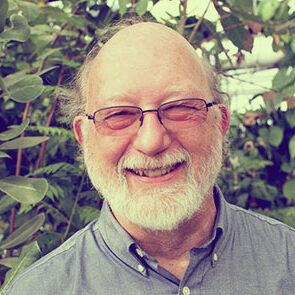
Dennis McKenna has pursued interdisciplinary research in the study of Amazonian ethnopharmacology and plant hallucinogens for over 30 years. He has conducted extensive ethnobotanical fieldwork in the Peruvian, Colombian, and Brazilian Amazon, recently completing a four-year project investigating Amazonian ethnomedicines as potential treatments for cognitive deficits. His doctoral research (University of British Columbia, 1984) focused on the ethnopharmacology of ayahuasca and oo-koo-he, two tryptamine-based hallucinogens used by indigenous peoples in the Northwest Amazon. Dr. McKenna completed post-doctoral research fellowships in neurosciences in the Laboratory of Clinical Pharmacology, National Institute of Mental Health (1986-88), and in the Department of Neurology, Stanford University School of Medicine (1988-90). He joined Shaman Pharmaceuticals as Director of Ethnopharmacology in 1990, and subsequently joined Aveda Corporation as Senior Research Pharmacognosist. He is currently Assistant Professor in the Center for Spirituality and Healing at the University of Minnesota, where he teaches courses in Ethnopharmacology, Botanical Medicines, and Plants in Human Affairs. He is a founding board member of the Heffter Research Institute, a non-profit research organization focused on the development of therapeutic applications for psychedelic medicines. He was a key organizer and participant in the Hoasca Project, the first biomedical investigation of ayahuasca used sacramentally by the UDV, a Brazilian religious sect. Dr. McKenna is author or co-author of 4 books and over 50 scientific papers in peer-reviewed journals.
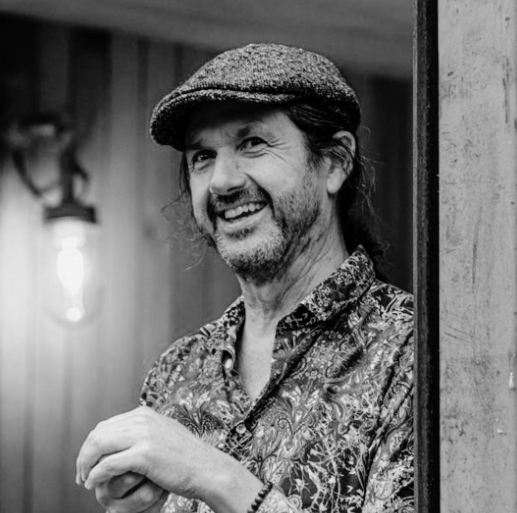
Broughton Sanctuary has been Roger Tempest’s family home for 32 generations and over 900 years of history resting on his shoulders he has only one mission in life: to secure its future. Anyone who thinks living in a stately home is glamorous is sorely mistaken – Roger grew up with no heating, damp rooms, and run-down buildings. But even at a young age, he knew he wanted to save it.
In the late 1980s, aged 25, Roger unexpectedly took on the role of custodian, ending his blossoming career on Fleet Street. (He’d heard Eddy Shah talking about the launch of the Today newspaper, and inspired by his desire to challenge the status quo, had asked for a job, ending up as Assistant to the Managing Editor.) So instead of working to make a success of the paper, Roger found himself working to make a success of the Estate. Never one to follow the norm, he decided against opening to the general public and instead created a plan that blended conservation, enterprise and innovation to regenerate not just Broughton Hall but the community around it.
His appointments range from executive chairman of a national infrastructure development project in Libya, on a board of an international homeless charity to being a joint founder of Wyrd Experience a company which develops consciousness technology to running a group of companies within Rural Concepts Group specializing in rural regeneration.
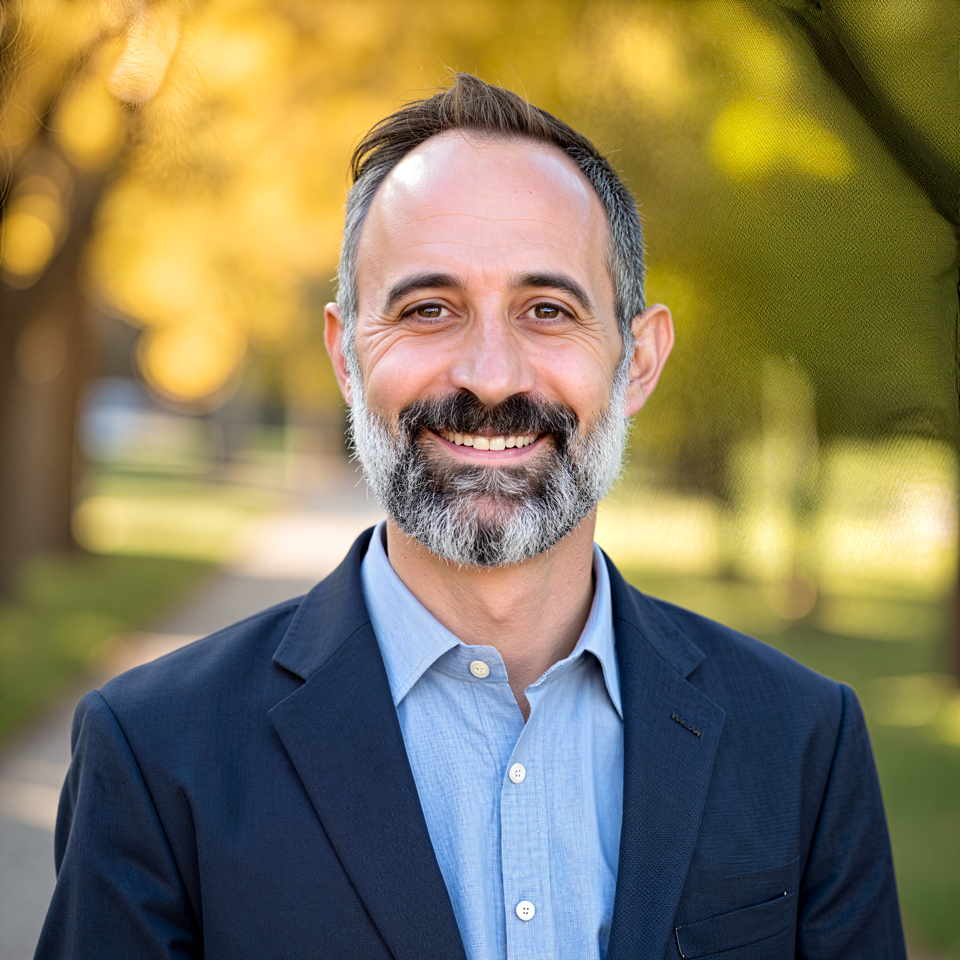
Dr. Joseph Barsulgia is a trained clinical neuropsychologist who currently serves as a senior clinical and business development advisor in the psychedelics field. He holds three graduate degrees: an MA and Ph.D. in Clinical Psychology and a Master’s in Spiritual Theology. His clinical training took place at prestigious academic medical centers in Los Angeles, including UCLA, USC, and a postdoctoral research fellowship in aging, neuropsychology, and neurobehavior at the West Los Angeles VA Hospital. Following transformative direct experiences with plant medicines, he transitioned his career focus to psychedelics in 2014.
Dr. Barsulgia served as Clinical Research Director and CEO at Crossroads Treatment Center (later renamed The Mission Within), a 5-MeO-DMT and ibogaine clinic where he developed clinical protocols and published groundbreaking observational studies, including the first human brain scans before and after ibogaine treatment. Since 2015, he has designed and led psychedelic retreats worldwide through Psychedelic Journeys, serving hundreds of individuals while integrating study with elders in African and Khemetic knowledge systems. He has also served as a psychotherapist in phase 2 studies of MDMA-Assisted Psychotherapy for PTSD and currently works with numerous psychedelic organizations including non-profits, advocacy groups, university research initiatives, clinics, retreat centers, and investment groups. Dr. Barsulgia is dedicated to advancing frameworks that are medically safe, scientifically sound, and nature-aligned while respecting the wisdom traditions and sacred nature of psychedelic experiences.
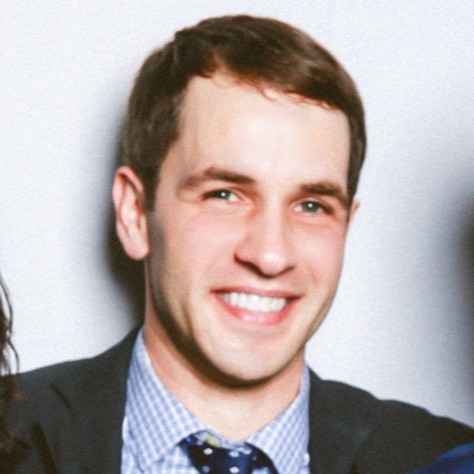
Ben Collins is Deputy Director of Psychedelic Science Funders Collaborative, a nonprofit donor collaborative that supports safe and legal access to psychedelic treatments for all who can benefit. He has a background in impact investment, climate and human rights policy, and nonprofit management.
Prior to PSFC, he served as Associate Director of MSI Integrity, a human rights research and advocacy organization focused on sustainability and labor rights standards. Previously, he was a senior researcher for Rainforest Action Network’s climate and energy program, where his publications received coverage in the Financial Times and Bloomberg. He graduated from Harvard College and received a Master in Public Policy degree from the Harvard Kennedy School, where he was a Belfer International and Global Affairs fellow and a Public Service fellow.
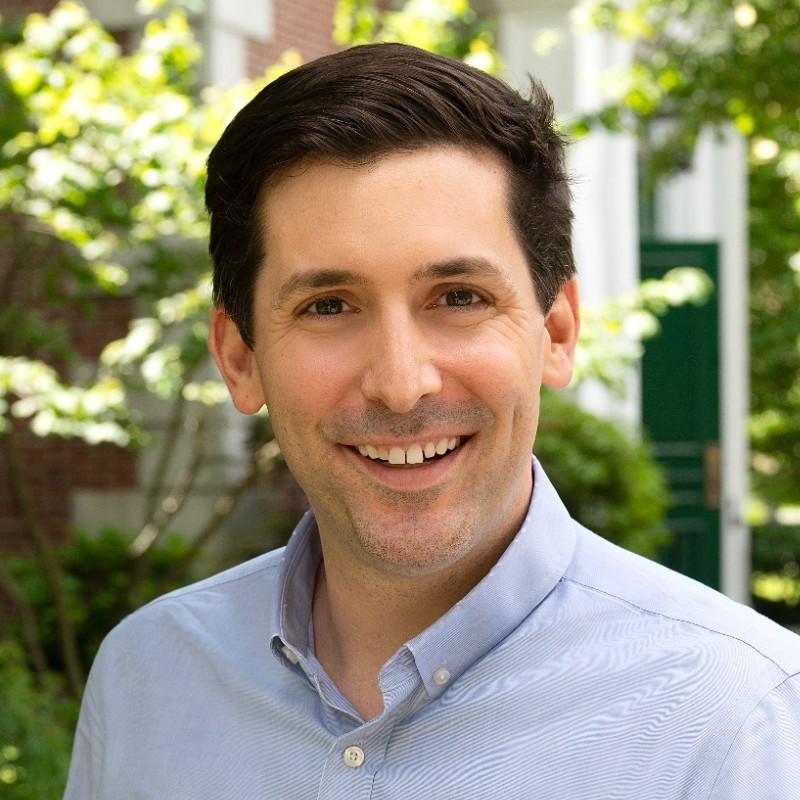
Calley Means is a healthcare transformer passionate about incentivizing preventative measures and the potential of psychedelics to usher in a new era of mental health treatment. Witnessing the limitations of the traditional system, Calley advocates for a preventative approach, focusing on healthy habits to address the root causes of illness. His company, Truemed, unlocks tax-free spending on preventative measures, aligning incentives with a preventative approach. Co-authoring a book on preventative health and actively advocating for policy changes, Calley empowers individuals and challenges the status quo of the healthcare system
MINDS Announces New Landmark Study WITH UT AUSTIN + Ways2Well 🔗